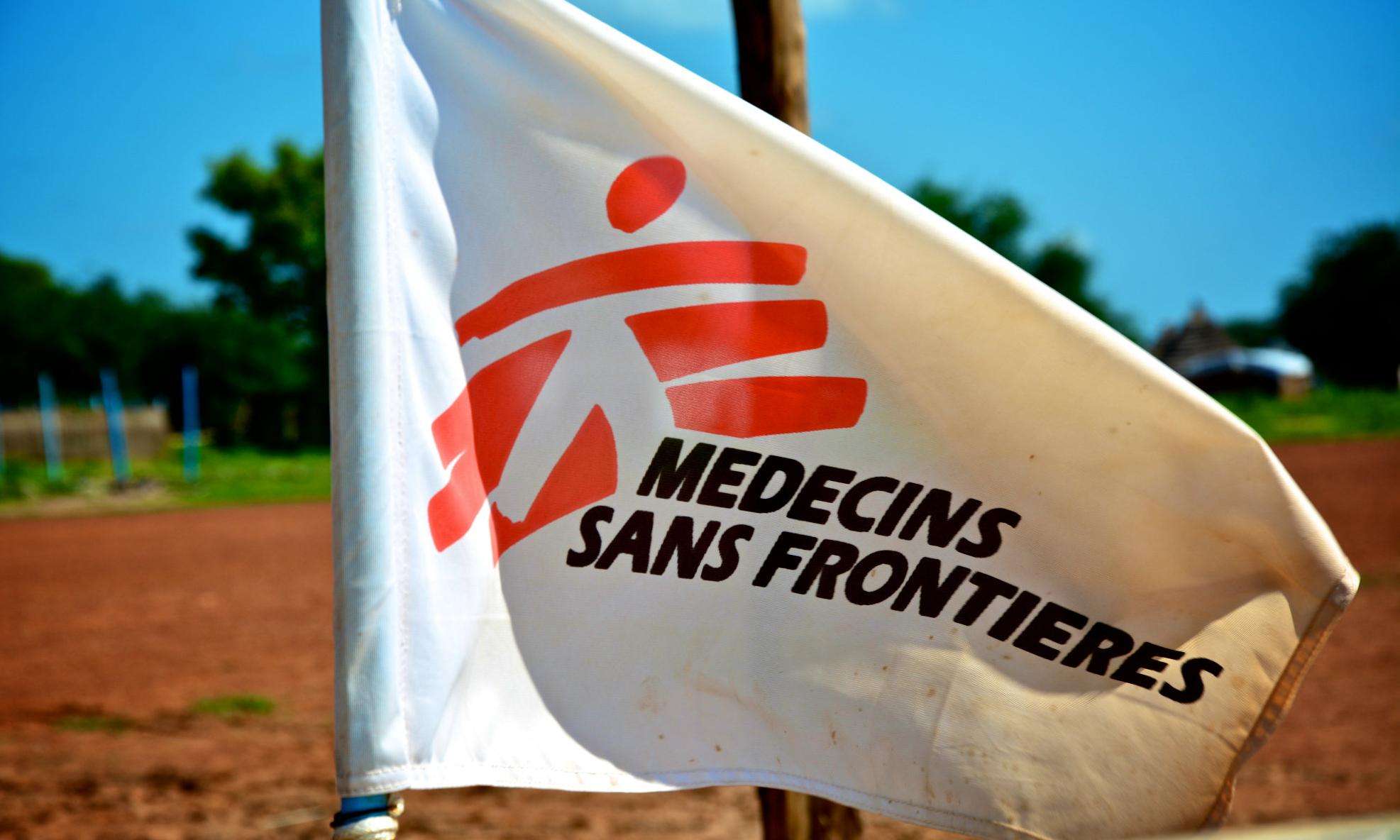NEW YORK, JULY 8, 2020—The Trump Administration’s decision to withdraw from the World Health Organization (WHO) could have life-threatening consequences for people around the globe, said the international medical humanitarian organization Doctors Without Borders/Médecins Sans Frontières (MSF). The WHO, while in need of reforms, plays a vital role in coordinating global medical research, producing evidence-based guidelines, and supporting national governments to respond to urgent public health crises.
The COVID-19 global pandemic is certainly no time to walk away from this global health agency, of which the US is a founding member. The WHO provides a forum for countries to work together to address international health emergencies—something that is needed more than ever as COVID-19 tears through communities everywhere.
The Trump Administration sent an official notice of withdrawal to the United Nations, dated July 6, 2020, which could take effect one year from now and only after the US pays its current debts to the WHO. The US is the WHO’s largest funder, contributing $426 million to its 2018-2019 budget. MSF does not receive any financial support from the WHO or the US government and is not directly affected by the potential withdrawal.
Avril Benoît, MSF-USA executive director, said of this week’s action:
“The Trump Administration’s decision to withdraw from the WHO is extremely dangerous and self-defeating—particularly as we are engaged in the fight of our lives to contain a global pandemic. We can’t end the COVID-19 pandemic without ending it everywhere, and that requires strengthening international cooperation, not gutting it. Responding to this emergency requires pooling our knowledge and skills, sharing evidence and information—all critical functions supported by the WHO. The US cannot afford to abandon its leadership on global public health and retreat into isolationism in the midst of this crisis. And for the US to walk away from the table at a time when the public health needs are so immense is dangerous for everyone, everywhere.
"The US has long enjoyed extraordinary leverage within the WHO, as its largest financial backer and a major source of expertise. US institutions—especially the Centers for Disease Control and the National Institutes of Health—have benefited from important collaborations with the WHO. The US has worked with the agency on lifesaving initiatives, including on disease eradication, vaccinations, child malnutrition, HIV/AIDS, and tuberculosis.
"The WHO provides an international forum to help bring attention to public health issues and increase access to care.
"MSF has been critical of the WHO and recognizes the need for reforms. However there is a big difference between constructive and destructive criticism. The US would only lose its ability to push for any changes at the WHO by surrendering its membership. A pandemic is certainly not the time to play politics with public health.
"The WHO has a clear role to play in the places where MSF teams work to help people struggling to access health care. We see WHO teams in countries with shattered health systems in desperate need of support, in war zones, in the midst of natural disasters, and while responding to epidemics. From Yemen to Bangladesh to Brazil, we share the same goals to protect the health of vulnerable people who are often forgotten.
"By choosing not to support the WHO, the US would be hurting the millions of people whose lives and health depend on the agency's work—which includes technical assistance to governments on the ground during an outbreak, conducting clinical trials for much-needed drugs, managing the surveillance of diseases to enable quick and effective outbreak response, and developing guidelines for the treatment of deadly illnesses. This would be a devastating legacy.”
MSF: US withdrawal from the World Health Organization would be dangerous and self-defeating
As COVID-19 pandemic continues to spread, international cooperation is critical

© Valérie Batselaere/MSF



